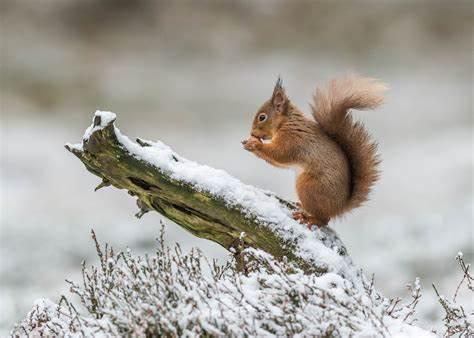Why Pests Are a Problem in Winter
- Seeking Shelter
- As temperatures drop, pests like rodents, spiders, and insects (e.g., cockroaches, ants) seek warmth and shelter indoors. Your home becomes an attractive refuge from the cold.
- Food Scarcity
- Outdoor food sources become scarce in winter, driving pests to invade homes in search of sustenance.
- Reproduction Cycles
- Some pests, like rodents, reproduce year-round. Winter provides a safe, warm environment for them to breed, leading to infestations.
- Dormant but Active
- While some pests (e.g., mosquitoes) become dormant in winter, others (e.g., mice, rats, and certain insects) remain active and can cause damage.
- Lawn and Garden Vulnerability
- Pests like grubs, voles, and moles can damage lawns and gardens during winter by feeding on roots, grass, and bulbs beneath the snow.
Common Winter Pests
- Rodents (Mice and Rats)
- They chew through wires, insulation, and wood, causing structural damage and fire hazards.
- Spiders
- While most are harmless, some species can be dangerous and create unsightly webs indoors.
- Cockroaches
- They thrive in warm, humid areas like basements and kitchens, spreading bacteria and allergens.
- Ants
- Certain species, like carpenter ants, can damage wood structures while seeking shelter.
- Grubs and Lawn Pests
- They feed on grass roots and bulbs, leading to dead patches in your lawn come spring.
How to Prevent Winter Pest Problems
- Seal Entry Points
- Close gaps around doors, windows, and foundations to keep pests out.
- Eliminate Food Sources
- Store food in airtight containers and clean up crumbs and spills promptly.
- Reduce Moisture
- Fix leaks and use dehumidifiers to eliminate damp areas that attract pests.
- Trim Vegetation
- Keep shrubs and trees trimmed away from your home to reduce pest pathways.
- Protect Your Lawn
- Apply pest control treatments in late fall to target grubs and rodents.
- Regular Inspections
- Check your home and lawn for signs of pests and address issues early.
Final Thoughts
Winter pests can be a major headache, but with proactive measures, you can protect your home and lawn from damage. By understanding why pests are active in winter and taking steps to prevent infestations, you’ll enjoy a pest-free season and a healthier spring.
